AUGUSTA — Lindsay Sica said her son Kolton has no fear, so getting up close and personal with bugs doesn’t bother him.
Kolton spent several hours Tuesday afternoon experiencing Bug Maine-ia at the Maine State Museum with his first-grade classmates from Gilbert Elementary School in Augusta.
“This gets the kids out and gets them hands-on and away from the classroom, which can be confining to some kids,” Sica said. Her son has attention deficit hyperactivity disorder and can have trouble focusing, so getting outside helps him because it’s something he’s interested in.
One of Kolton’s classmates, Blake, told his mother that he was excited to see a wolf spider, which surprised her.
“I didn’t know he even knew what a wolf spider was,” Missy Craig said. “And he’s scared of spiders.”
She said she likes that her son’s school lets the students do hands-on activities, because it’s something children remember the same way Craig remembers going to aquariums and museums when she was in school.
“I’m also glad they allow all the parents to come and be involved, too,” she said.
Twenty-four presenters were spread throughout the multi-level museum, and Joanna Turow, the museum’s chief educator, said 1,200 to 1,300 students were expected to attend. Acadia Academy in Lewiston brought about 30 second-grade students. Teacher assistant Sharon Clark said the children have been looking forward to the event since school began, and it will serve as the perfect kickoff to the class’s upcoming insects unit.
“They love anything they can touch that’s not a device,” Clark said. “We’ve got a smart group of kids, and they touched water bugs and moths and butterflies.”
Paxton Plourde, 7, said he was looking forward to seeing his favorite insect, the tarantula, but he wasn’t sure if he’d be holding one of the creatures from Jim Nutting’s insect museum display.
Students from King Middle School in Portland were fascinated by the “Big Bug Eaters” exhibit on the bottom floor. Adjunct curator Fred Chiocki said children don’t often think about what might eat insects other than other insects or smaller animals, so they are interested to learn about larger predators.
“They like when you tell them something that amazes them about what they’re seeing and that they never would’ve thought,” Chiocki said. “It mesmerizes them because it’s a real-life experience. Opening up this world for them is really significant and gives them a whole new perspective.”
As they did last year, visitors followed an insect trail on the museum floor, passing Jon Wallace’s fossils display, where Maggie, a 10-year-old from Auburn, stopped with her mother, Tammy Jones. Maggie said she liked seeing things that were more than 500 million years old.
“That’s a really long time ago,” she said. “But I think my mom is old, and she’s only 36.”
Turow said students from across the state always enjoy hands-on exhibits, and teachers like giving students a chance to get back to learning about the Earth and the outdoors without the aid of computers, tablets and the internet.
Keeping the exhibits fresh and new is important to keeping schools, parents, teachers and students interested in attending the annual event, now in its 15th year. This year, there’s a new 3D printing exhibit where students were able to take home their own spider.
“We try to recruit different people each year so there’s always something new,” Turow said. “Generally the more interactive the exhibit is, the better.”
She said the museum was filled throughout the day with students from schools across Maine, families with home-schooled children and parents taking the day off to spend the day at the museum with their kids. Aside from educating everyone about insects, the event is a great way to showcase the great exhibits at the Maine State Museum, she said.
“People are always surprised when they come here and see how much there is, and hopefully they’ll come back here when there aren’t all the insects,” Turow said. “We’ll soon open a new World War I exhibit, so they’ll be reason for a lot of people to come back.”
Other presenters included the Maine Entomological Society, master Maine fishing guide Sean McCormick, the Maine State Beekeepers Association, the Maine Department of Agriculture’s Agriculture in the Classroom, Edible Insect Marketplace, the Maine Forest Service, the Maine Department of Environmental Protection, the Hudson Museum, the Maine State Museum, University of Maine Cooperative Extension, Friends of Edith Patch, Modern Pest Control, the U.S. Department of Agriculture and the Maine State Library.
Jason Pafundi — 621-5663
Twitter: @jasonpafundiKJ
Send questions/comments to the editors.


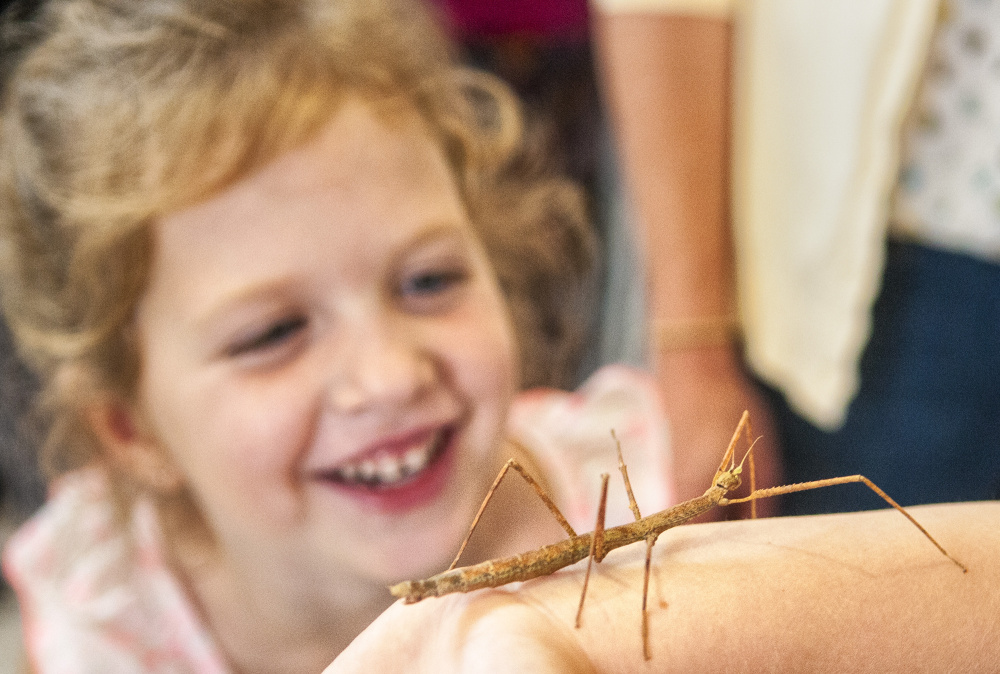
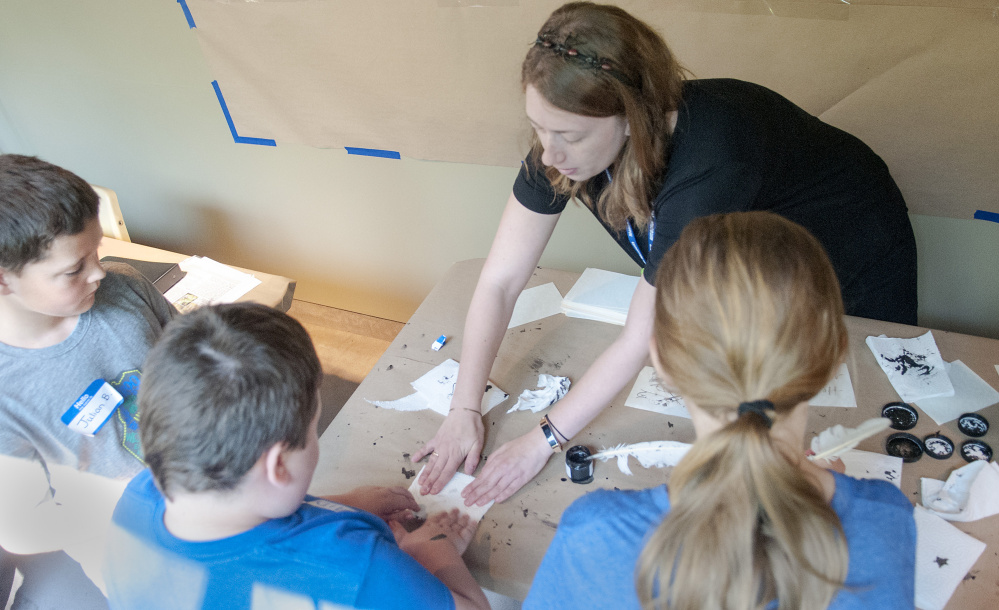
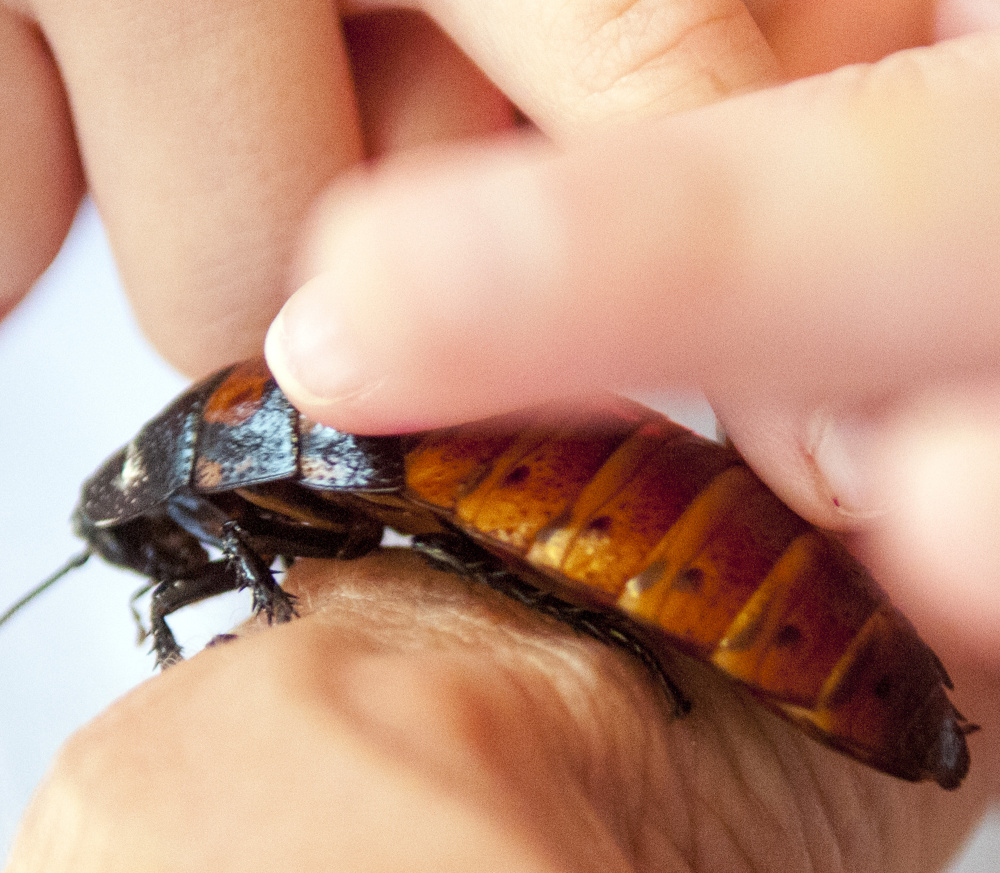
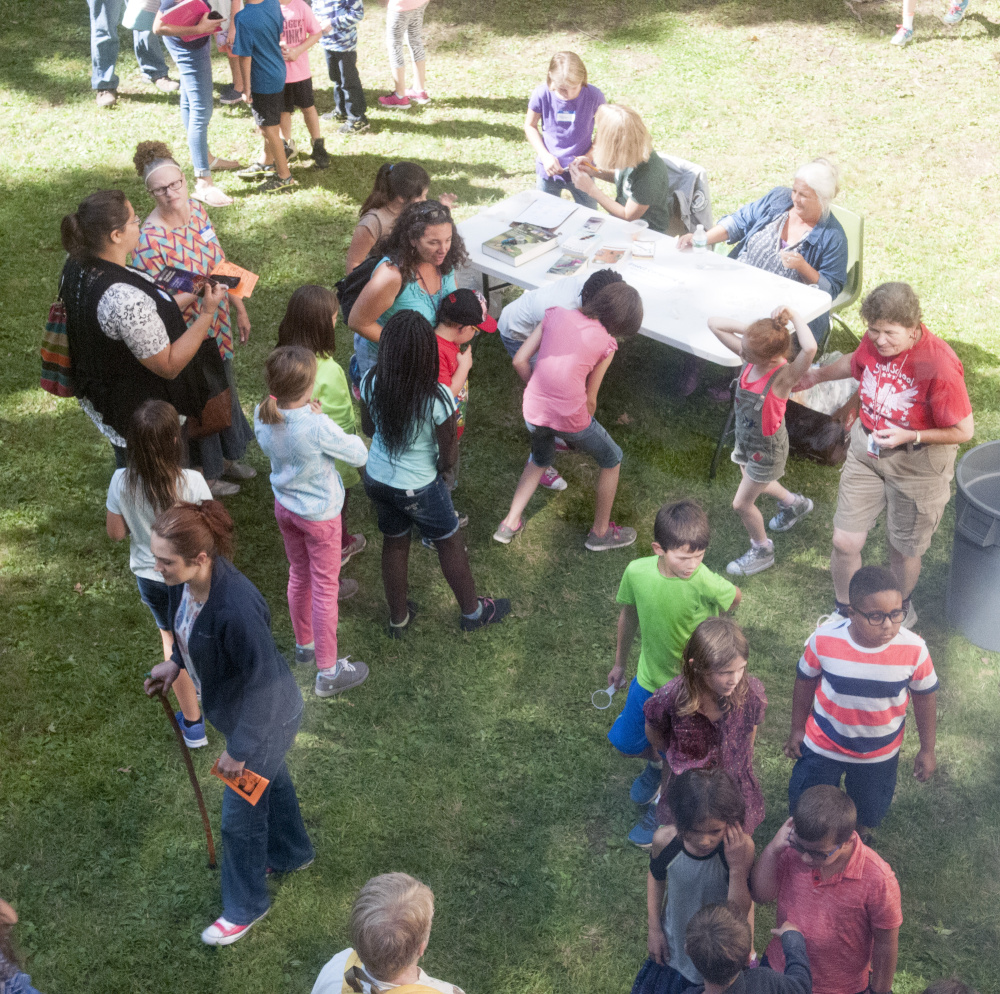
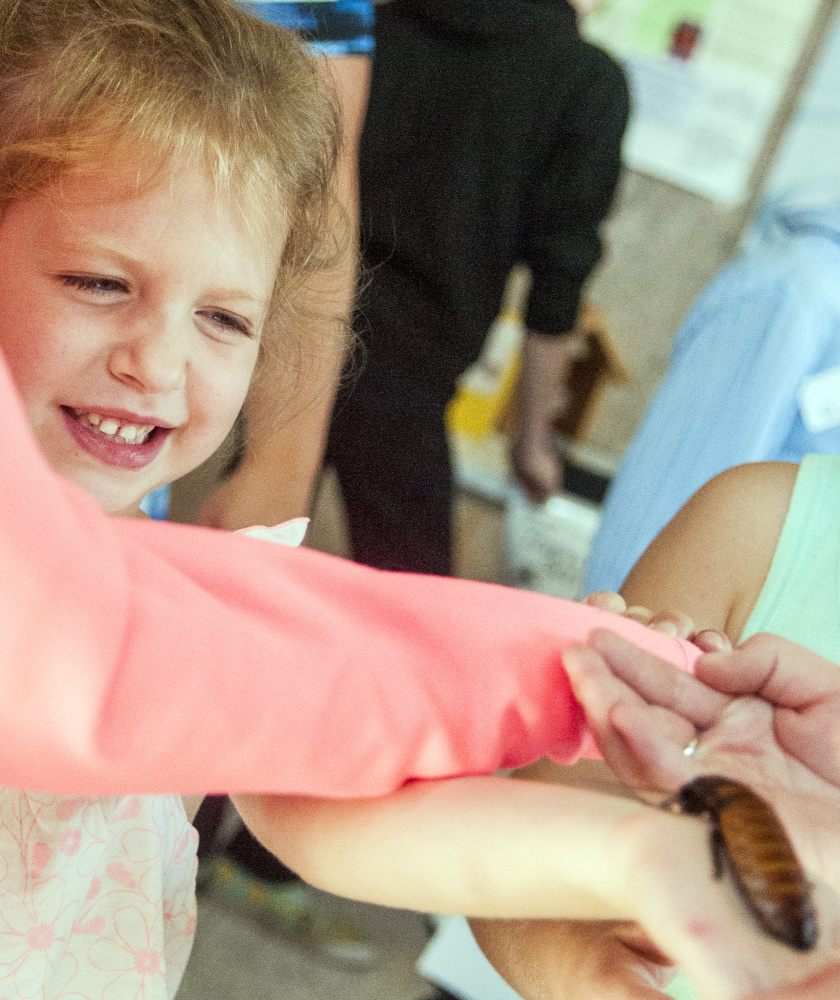

Comments are no longer available on this story